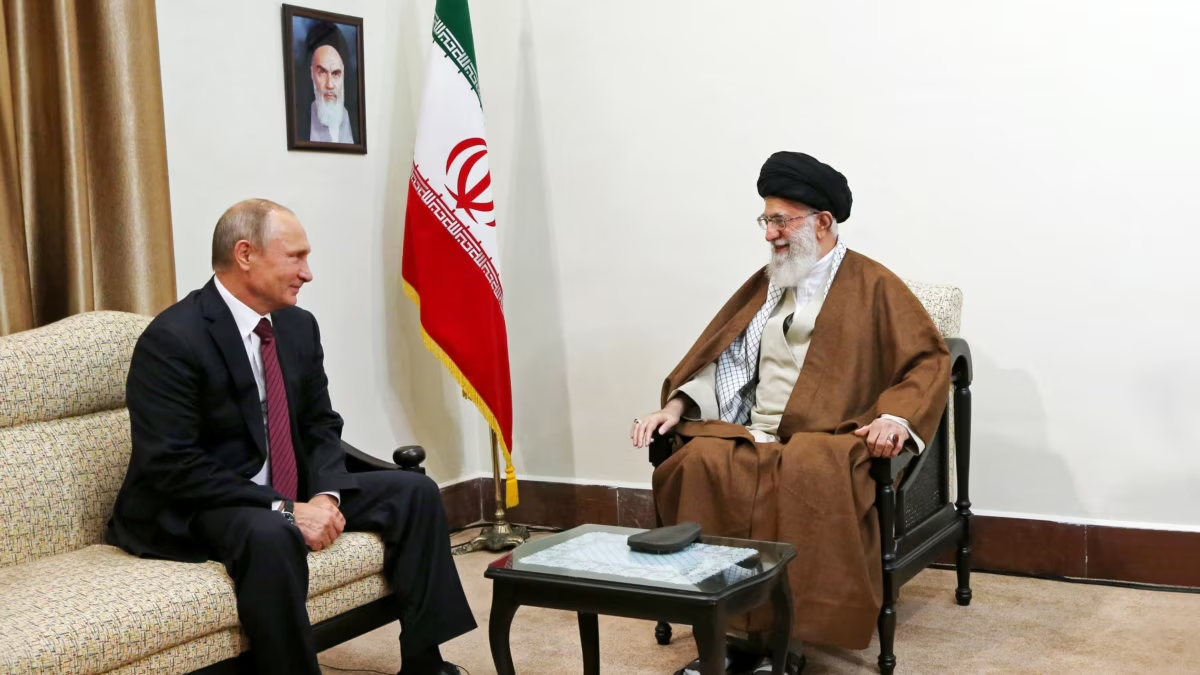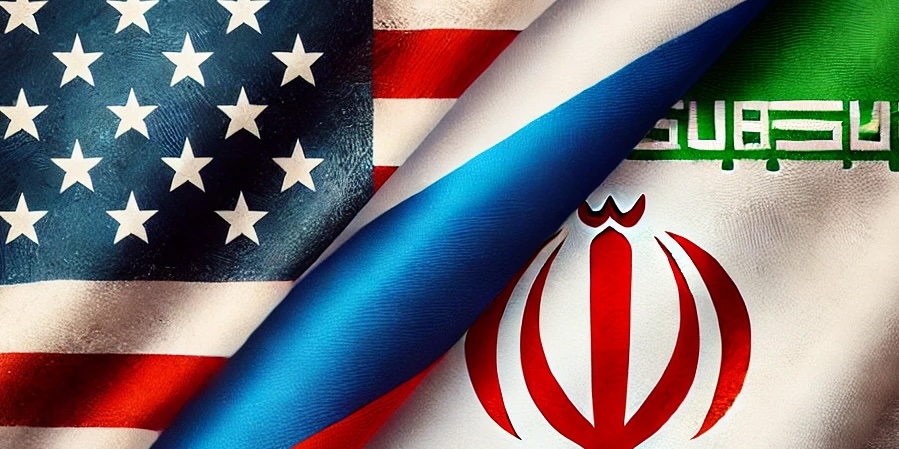Already a subscriber? Make sure to log into your account before viewing this content. You can access your account by hitting the “login” button on the top right corner. Still unable to see the content after signing in? Make sure your card on file is up-to-date.
Russia has reportedly agreed to help President Donald Trump’s administration engage with Iran on its nuclear program amid heightened tensions.
Some shit you should know before you read: If you’re unaware, one of Iran’s closest and most important strategic partners is Russia, with their military ties growing significantly in recent years. Iran has supplied Russia with large numbers of Shahed-series drones, which Moscow has used extensively in its war against Ukraine to attack critical infrastructure and military targets. In return, Russia has provided Iran with advanced air defense systems, including S-300 and potentially even the more sophisticated S-400 systems. This military partnership has allowed both nations to bypass Western sanctions, deepen their alliance, and challenge US and NATO interests in multiple regions.

What’s going on now: According to Forbes citing sources familiar with the matter, President Donald Trump directly asked Russian President Vladimir Putin in a February phone call to help facilitate discussions with Iran regarding its nuclear program and support for regional proxy forces. Following this request, US Secretary of State Marco Rubio and Russian Foreign Minister Sergey Lavrov discussed this interest during a meeting in Saudi Arabia on February 18. Shortly after, Lavrov traveled to Tehran, where he briefed Iranian Foreign Minister Abbas Araghchi on the details of the US-Russia discussions.
Russia has publicly framed its involvement as a neutral effort to promote diplomacy between two adversaries. Kremlin spokesman Dmitry Peskov stated, “Russia believes that the United States and Iran should resolve all problems through negotiations” and added that Moscow “is ready to do everything in its power to achieve this.”
This all comes as the US has ramped up its “maximum pressure” campaign against Iran, intensifying sanctions in an effort to force Tehran back to the negotiating table over its advancing nuclear program. The latest report from the International Atomic Energy Agency (IAEA) reveals that Iran has significantly increased its stockpile of uranium enriched to 60% purity—just a short technical step away from weapons-grade levels—raising alarm in Washington and among its allies.
Israel has repeatedly signaled that it is prepared to take military action if Iran gets closer to developing a nuclear weapon, with top Israeli officials warning that time is running out for diplomacy. The US has echoed those concerns, with officials cautioning that they are “running out of diplomatic options” and that the US “will not allow Iran to obtain a nuclear weapon.”






